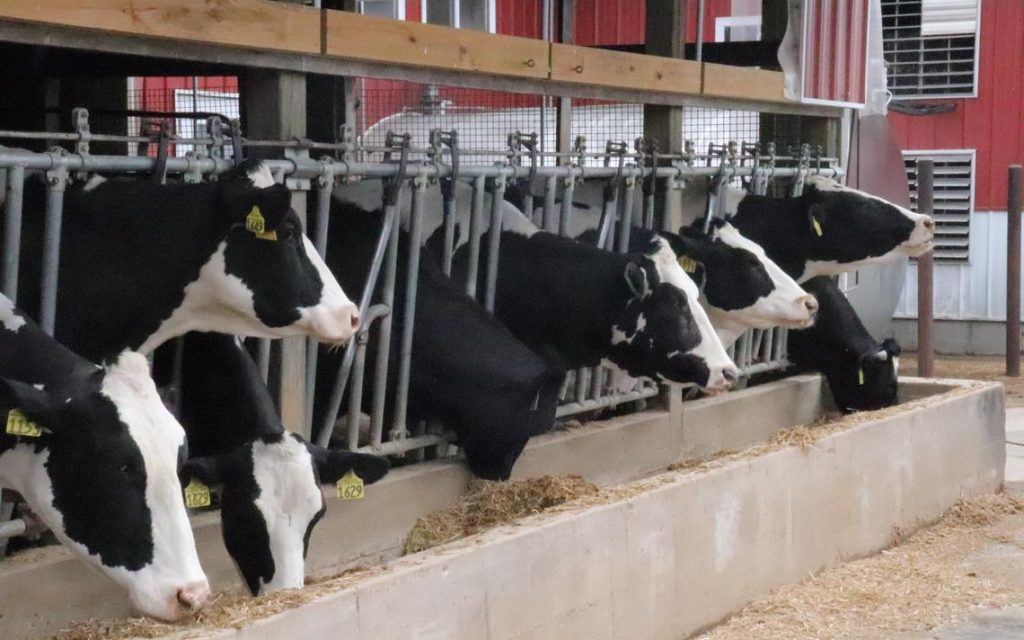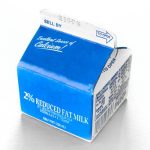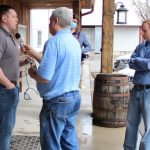
With a big portion of his herd packed into livestock trailers, Parker Byington said goodbye to Winona County Thursday, looking forward to what he hopes are more welcoming pastures in Colorado.
Byington, who until recently milked 660 head of cattle at his farm south of Lewiston on Interstate 90 and Wabasha County Road 14, loaded 245 cows onto eight trailers and hauled the animals to their new home out west.
“We are moving west to further our career in dairy there,” Byington said. “With the current regulations (in Winona County), we’re not able to grow anymore.”
Specifically, Byington said the animal unit cap in Winona County limited his ability to grow his business. While he did get a permit to expand his dairy to 998 animal units, the regulatory costs of going up to the county’s 1,500 animal unit limit would not make an expansion to that size worth the investment.
In Colorado, he said, his farm will be classified as a family farm and he will only need to meet the federal CAFO — concentrated animal feeding operation — guidelines instead of additional state and county regulations.
In Minnesota, the Minnesota Pollution Control Agency is one of the permitting authorities for any feedlot of 1,000 or more animal units. For Byington and other animal agriculture farmers in Winona County, that means once the MPCA is involved, feedlots can only go up another 500 animal units from that point.
Mitch Thompson, who bought Byington’s farm, expressed mixed feelings Thursday.
“It’s bittersweet,” said Thompson, who owns a separate dairy farm less than a mile away and will operate both farms. “This allows me to expand my business, but I hate to see a good neighbor go.”
Winona County Commissioner Steve Jacob, who said the county’s animal unit cap needs to be reviewed and possibly changed, said the loss of business will hurt the county.
“It breaks my heart to see this happen,” Jacob said. “I so wish I could get my other three commissioners that represent the city of Winona to revisit this issue.”
The Post Bulletin reached out to those commissioners — Marie Kovecsi, Greg Olson and Chris Meyer — but two did not respond to messages and Kovecsi said she has been advised by the county attorney not to discuss the animal unit cap due to the ongoing case of Daley Farm vs. Winona County.
Jacob said that while he’s glad Thompson is taking over the dairy, the net loss of 245 cows will negatively impact the local economy.
According to the most recent Comprehensive Review of Iowa’s Dairy Industry, each dairy cow is worth about $25,000 in economic activity, meaning those 245 cows represent a loss of roughly $6.1 million to the county’s economy.
“This hurts all the taxpayers,” Jacob said. “Those economic drivers of our local economy are leaving us, literally, today. The rest of us need to pay more taxes to make up for the revenue stream.”
Jacob cited the Byington’s farm as a well-run, environmentally sustainable operation, adding that larger dairies have the financial capital needed to implement the kinds of environmental safeguards the county needs.
“They’re the answer to protecting the environment,” Jacob said. “The solution is to do things right in our community, and these are the kinds of people we should be supporting.”
























